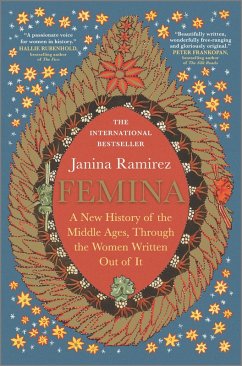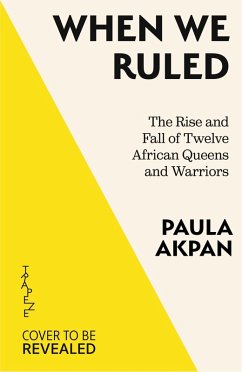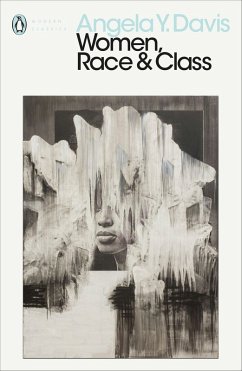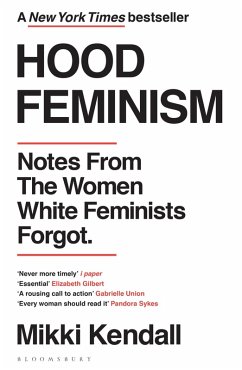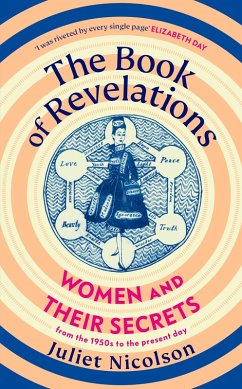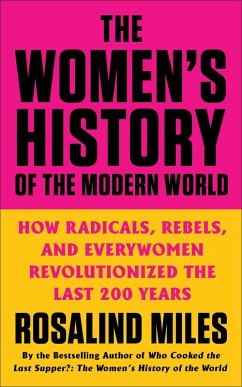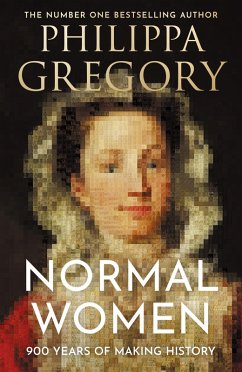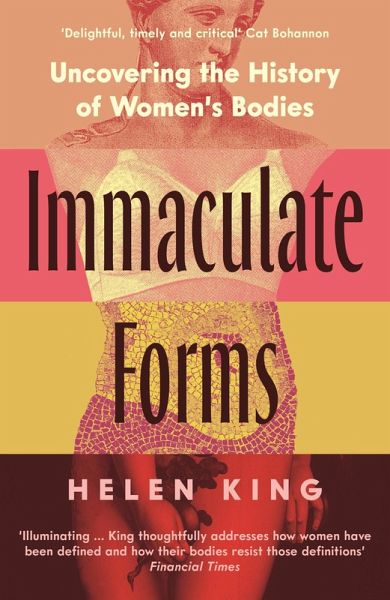
Immaculate Forms (eBook, ePUB)
Uncovering the History of Women's Bodies
Sofort per Download lieferbar
7,99 €
inkl. MwSt.
Weitere Ausgaben:

PAYBACK Punkte
4 °P sammeln!
'Illuminating, thoughtful and scholarly' FINANCIAL TIMES'Does a fascinating job of exploring the history of women's bodies' GREG JENNER'Mind-blowing, fascinating stuff' BBC WOMAN'S HOUR'Authoritative, rich and wide-ranging, this is an immensely impressive work of scholarship' GUARDIANThroughout history, religious scholars, medical men and - occasionally - women themselves, have moulded thought on what 'makes' a woman. She has been called the weaker sex, the fairer sex, the purer sex, among many other monikers. Often, she has been defined simply as 'Not A Man'.Today, we are more aware than ever...
'Illuminating, thoughtful and scholarly' FINANCIAL TIMES
'Does a fascinating job of exploring the history of women's bodies' GREG JENNER
'Mind-blowing, fascinating stuff' BBC WOMAN'S HOUR
'Authoritative, rich and wide-ranging, this is an immensely impressive work of scholarship' GUARDIAN
Throughout history, religious scholars, medical men and - occasionally - women themselves, have moulded thought on what 'makes' a woman. She has been called the weaker sex, the fairer sex, the purer sex, among many other monikers. Often, she has been defined simply as 'Not A Man'.
Today, we are more aware than ever of the complex relationship between our bodies and our identities. But contrary to what some may believe, what makes a woman is a question that has always been open-ended.
Immaculate Forms examines all the ways in which medicine and religion have played a gatekeeping role over women's organs. It explores how the womb was seen as both the most miraculous organ in the body and as a sewer; uncovers breasts' legacies as maternal or sexual organs - or both; probes the mystery of the disappearing hymen, and asks, did the clitoris need to be discovered at all?
'Does a fascinating job of exploring the history of women's bodies' GREG JENNER
'Mind-blowing, fascinating stuff' BBC WOMAN'S HOUR
'Authoritative, rich and wide-ranging, this is an immensely impressive work of scholarship' GUARDIAN
Throughout history, religious scholars, medical men and - occasionally - women themselves, have moulded thought on what 'makes' a woman. She has been called the weaker sex, the fairer sex, the purer sex, among many other monikers. Often, she has been defined simply as 'Not A Man'.
Today, we are more aware than ever of the complex relationship between our bodies and our identities. But contrary to what some may believe, what makes a woman is a question that has always been open-ended.
Immaculate Forms examines all the ways in which medicine and religion have played a gatekeeping role over women's organs. It explores how the womb was seen as both the most miraculous organ in the body and as a sewer; uncovers breasts' legacies as maternal or sexual organs - or both; probes the mystery of the disappearing hymen, and asks, did the clitoris need to be discovered at all?
Dieser Download kann aus rechtlichen Gründen nur mit Rechnungsadresse in A, D ausgeliefert werden.




